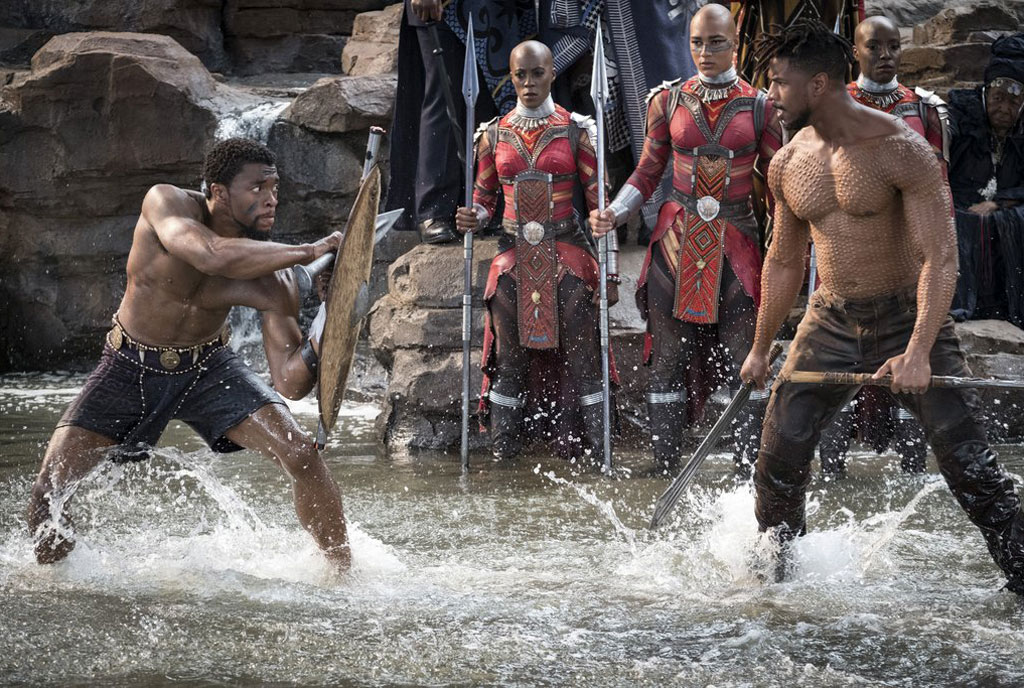This may shock many, but a fictional kingdom from Marvel’s Black Panther has been ranked fourth as the most mentioned country in Africa, only behind Egypt, South Africa and Kenya, according to a new study.
The study by the University of Southern California (USC) also revealed that Wakanda was the fourth most mentioned African nation on US television.
USC released the results of the new research last week, which showed that Africa is mostly invisible to American TV viewers.
“On TV, we did not track every reference to Black Panther, but only those that accompanied a keyword related to Africa. Even with that restriction, coverage of Black Panther exceeded that of African travel, sports, education, health and environment in all genres of programming,” researchers reported.
FICTIONAL HOMELAND
“One indicator of its prevalence on US TV is that the Black Panther’s fictional African homeland, Wakanda, would have placed fourth behind Egypt, South Africa and Kenya in our rankings of most mentioned countries,” it added.
Combing through 700,000 hours of US television news and entertainment programming and commercials for an entire month, the USC researchers found that Africa and Africans rarely get star billing.

Wakanda is a fictional country in Africa that the rest of the world believes is a third world country in the movie Black Panther
On scripted shows, there were just 25 major storylines about Africa during that period.
Across entertainment programs, news and advertising, the total number of mentions of Africa or one of the 50-plus African countries was much higher at 134,000.
NEGATIVE STORIES
But there were seven times as many references to Europe or European countries.
The Wakanda finding, however, underscored researchers broader conclusion that Africa-related topics rarely saw airtime on US TV screens and that when Africa did receive coverage it was overwhelmingly negative.
“The universal consensus is that African media coverage is overwhelmingly focused on negative stories such as Boko Haram, corruption, poverty, electoral crises, migrants and terrorism, while putting far too little emphasis on subjects and stories that provide a counterpoint showing the success, diversity, opportunity and vibrancy of Africa,” researchers reported.
The research further said that even when the coverage of Africa was, on its surface, positive, it was described as often glib, simplistic, predictable and sometimes sensationalist or extreme, at the expense of showcasing regular voices and stories of Africa.
Another nugget identified in the study was the frequent use of “Africa” as a stand-in for more specific (and less identifiable) nations.
































































